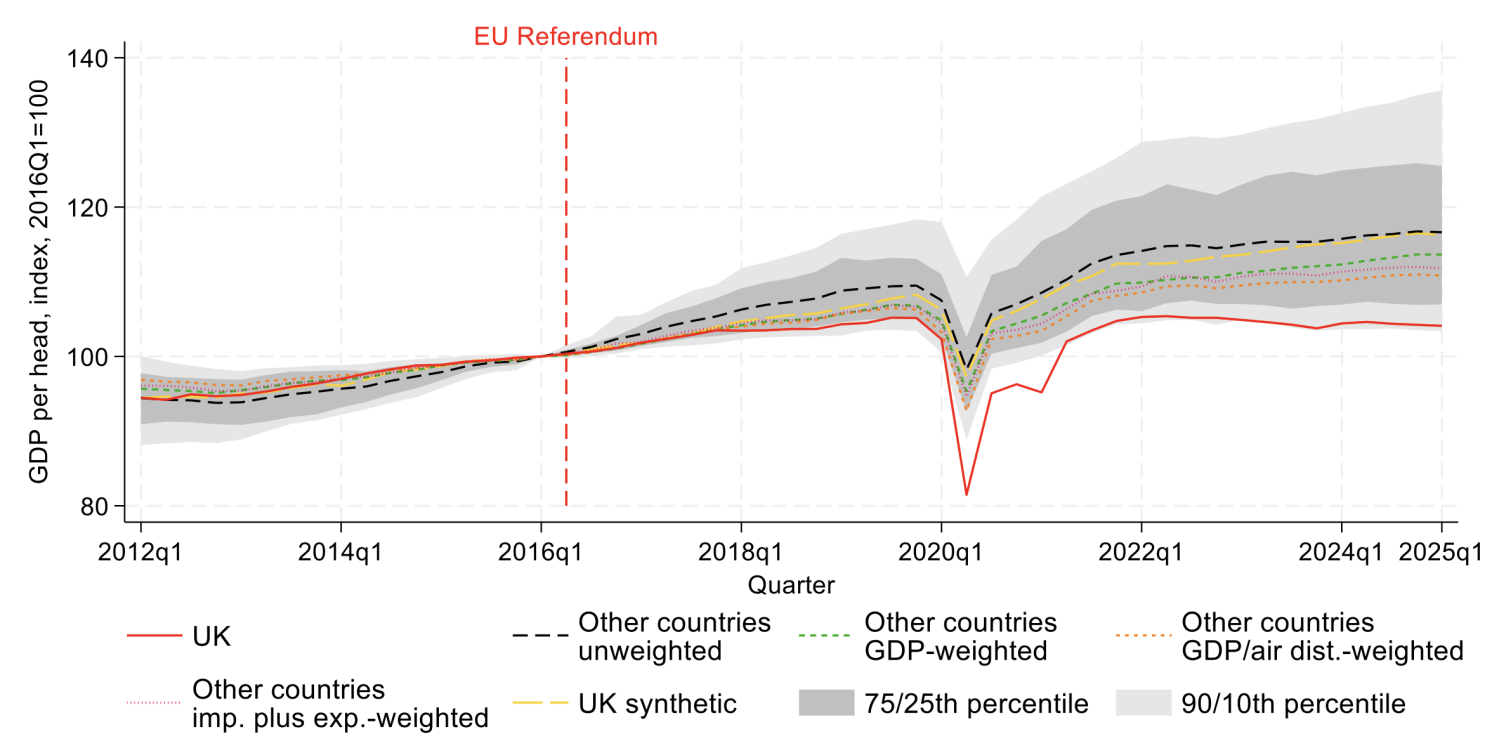The UK Treasury has launched a consultation on its plans for a Digital Securities Sandbox (DSS). This will be the first financial market infrastructure (FMI) sandbox to be created pursuant to the Treasury’s new powers under FSMA 2023. The DSS will enable incumbents and new entrants to apply to provide trading and/or settlement infrastructure for digital securities within a more flexible regulatory environment. The framework is intended to provide a high degree of flexibility and give firms a clear route to putting projects on a permanent legislative footing. The consultation will close on 22 August 2023 with a view to finalisation later this year.
The Digital Securities Sandbox consultation
Under FSMA 2023, the Treasury was granted powers to establish FMI sandboxes by way of statutory instrument. The idea was to allow FMIs to experiment with new technologies or practices in a way that would inform changes to law and regulation.
The Treasury is now consulting on the framework for its first FMI sandbox, the Digital Securities Sandbox. The consultation sets out how the Treasury expects the DSS to function and invites feedback as well as expressions of interest to participate.
Under the Treasury’s proposals, institutions will be able apply to establish and operate digital securities depositories and/or trading venues under a temporarily modified legislative framework, with the prospect of temporary modifications becoming permanent in due course where considered appropriate.
In scope activities and applicants
The activities proposed to be in scope are:
- notary, settlement and maintenance services (i.e. those functions currently performed by central securities depositories (CSDs)); and
- operation of a trading venue (i.e. a function performed by investment firms authorised as multilateral trading facilities (MTFs) or organised trading facilities (OTFs)),
in each case using innovative “digital asset technology” (which is only loosely defined but includes distributed ledger technologies).
Applications may be made by authorised CSDs and MTFs / OTFs as well as new entrants that are not yet authorised, provided they are established in the UK. The Treasury is still considering whether it will be possible for applications to be made collectively by groups of entities purporting to act on distributed basis.
The proposals contemplate that where authorised CSDs or MTFs/OTFs can effect their proposed model in compliance with the existing regulatory framework, the DSS will not be available to them. There could be some scope for debate here as to what constitutes a regulatory barrier to the proposed model and what qualifies as a mere challenge that can be addressed through structuring decisions, particularly as some structuring decisions might be possible but suboptimal from an operational perspective.
The intention is for digital securities issued, traded, settled and/or maintained through entities in the DSS to be available for use in wider financial market activities (such as repo transactions or for collateral posting), provided that this can be done in compliance with existing legislative frameworks.
In scope assets
The DSS proposals concern infrastructure in respect of digital securities. Unbacked cryptoassets and derivatives are explicitly carved out. The consultation identifies two categories of digital securities – “digitally native securities” (where the digital record represents the “top-tier register of ownership”) and “digital representations of traditional securities held at a CSD” (where the token or other record represents beneficial ownership interests in respect of securities immobilised with a CSD). There is some lack of clarity as to how certain digital securities models fit in under this categorisation.
It is contemplated that the regulators will set limits on the volume of digital securities that can be utilised on FMIs in the DSS. The proposal avoids hardwiring the limits into legislation in response to concerns previously raised by industry that this would limit flexibility. It is envisaged, for example, that the limits may change over time and may be tailored to different entities within the DSS.
Designation and authorisation processes
Under the proposed DSS framework, firms must apply for both:
- designation as a Sandbox Entrant; and
- designation as a Digital Securities Depository and / or authorisation as an investment firm operating an MTF or OTF.
Once accepted as a Sandbox Entrant, they would be issued with a Sandbox Approval Notice (SAN). This would function as a live document specific to the Sandbox Entrant to be updated on an ongoing basis with details such as applicable designations, authorisations, limits and permissions. The Sandbox Entrant would not be able to perform any live activity until designated as a Digital Securities Depository or authorised as an investment firm operating an MTF or OTF.
The FCA will be the regulator for Sandbox Entrants operating trading venues while the Bank of England will regulate entities undertaking notary, settlement and maintenance services. Arrangements for dual regulation for entities undertaking functions in both categories are to be set out by the regulators in due course.
The Treasury envisages that it will be possible to transition out of the DSS if and when the applicable regulator(s) determines that a platform meets required standards. To accommodate such platforms, the Treasury will work with regulators to make the relevant temporary legislative modifications permanent. Once the law is amended, MTF/OTFs will already be authorised and able to function outside the DSS. Conversely, Digital Securities Depositories will need to obtain a full authorisation at this stage, either as a CSD or as a new category of FMI provided for through the permanent legislative changes. The Treasury says it expects any evidence and experience gained as part of the DSS process to be carried forward into the full authorisation process.
Temporary modification of legislation within the DSS
The statutory instrument establishing the DSS will provide the legal basis for the sandbox, including for temporarily modifying the legislative framework. The Treasury notes that in considering legislative modifications, the international CPMI-IOSCO Principles on FMIs (PFMIs) will be a key reference point. This will likely limit the viability of certain models. For example, the consultation paper acknowledges that it is “very uncertain” that the use of public, permissionless DLT solutions in the market today would be consistent with the PFMIs.
A list of legislation proposed to be in scope of the DSS is outlined in the consultation paper. It is proposed that:
- some provisions will be modified upfront to remove known regulatory “barriers” (which we take to mean barriers to particular models);
- some legislative provisions will be converted into regulator rules, to allow regulators to revise them on an ongoing basis; and
- exemptions to particular regulator rules may be offered to particular Sandbox Entrants on a case by case basis to reflect specific business models and risks.
Permanent modification of legislation outside the DSS
Any temporary modifications to be made permanent will be effected through separate statutory instruments. The DSS is intended to run for five years, with the possibility of extension. However, it is expected that permanent changes to law will take effect prior to that, to avoid any legislative gap. They may also come into effect piecemeal, so that more advanced participants have the opportunity to transition out of the DSS more rapidly than others.
Cash leg
In relation to regulatory requirements for cash settlements to be made in central bank money (where practical and available), the Treasury notes it will take a “flexible and pragmatic” approach. It says that initially regulators are expected to allow tokenised commercial bank deposits, and that other privately issued forms of money could be accepted in the future where they are appropriately regulated. It also acknowledges that new ways of settling the cash leg in central bank money may become available over the life of the DSS, including through new synchronisation functionality in the Bank of England’s Real Time Gross Settlement (RTGS) infrastructure or through its omnibus account facilities.
Next steps
The deadline for consultation feedback is 22 August 2023. The Treasury acknowledges that firms may not have time to pull together proposals by then and notes that expressions of interest will still be welcome after that deadline.
The Treasury intends for the DSS statutory instrument to be laid before Parliament later this year. Meanwhile, the Bank of England and FCA will work to publish further guidance, consult on rule changes, and set out the application process.






































